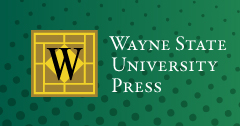Abstract
This article locates Steven Spielberg’s adaptation of The BFG in a growing corpus of children’s Holocaust films. Omissions and additions, which reflect the filmmaker’s practice generally, render Roald Dahl’s nonsensical whimsy deeply challenging. Drawing on psychoanalysis, this interpretation exposes dark intertexts that point to the Holocaust as a cultural trauma that continues to haunt creative works. Spielberg has already proven his knowledge of and growing interest in the historiography of the Holocaust. While auteurist assumptions underpin the argument, it also looks beyond Spielberg’s filmography to demonstrate how The BFG draws on memory, folklore, literature, and a history of filmmaking and interpretation. These entanglements, intertexts, and associations are neither necessarily all conscious choices nor recognized by the audience. Instead, they rest within the narrative, creating a tone that challenges the family adventure film. This reading of The BFG, rewritten with an interpretive master code that concerns modernity’s “gravest moment,” perhaps helps explain the film’s otherwise surprisingly poor box office receipts.
Recommended Citation
Marrison, Kate and Morris, Nigel
(2019)
"Sophie’s Voice? Dark Intertexts of The BFG,"
Jewish Film & New Media: Vol. 7:
Iss.
2, Article 1.
Available at:
https://digitalcommons.wayne.edu/jewishfilm/vol7/iss2/1
